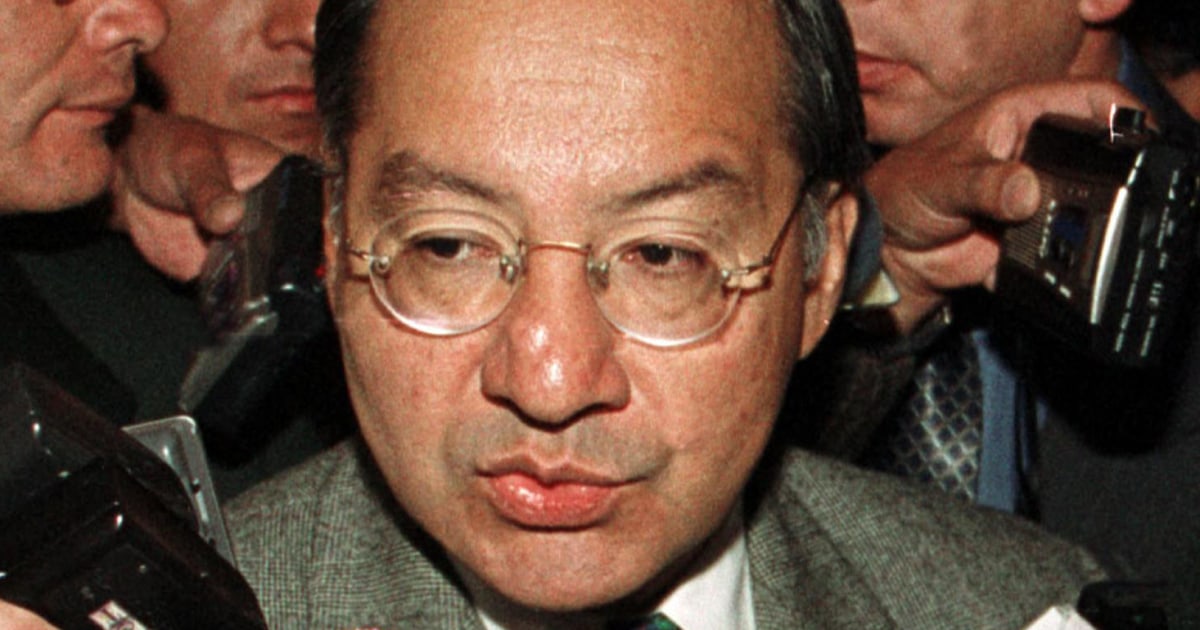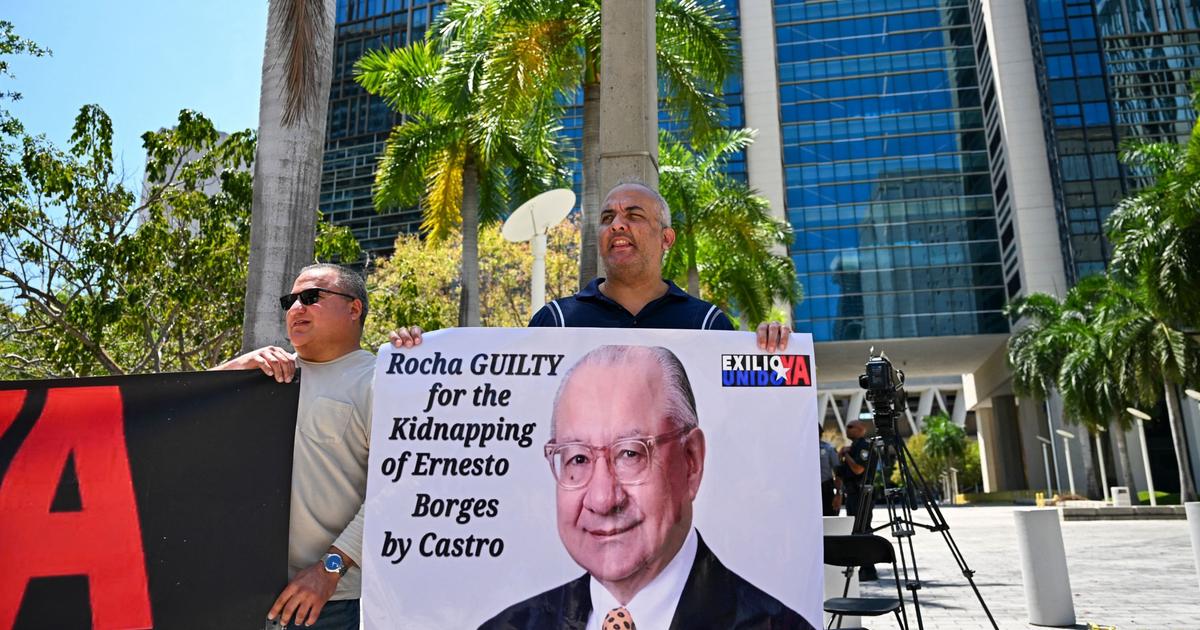Enlarge image
Marijuana joint (symbolic picture): Lively retail trade to finance your own drug consumption
Photo: Daniel Karmann / picture-alliance / dpa
The man from Pakistan, who lives in a refugee home near Freiburg, used marijuana regularly, as well as cocaine again and again. In order to finance his drug consumption, he bought smaller quantities for his own use and sold some of them on to various buyers. Despite the small quantities, the now 36-year-old ran a lively trade. First alone, later with his younger brother, who actually lived in Italy, who had visited him but was initially unable to return to Italy because of the Corona travel restrictions.
In the spring of 2020, a man allegedly from Afghanistan bought drugs from the brothers several times, first for around 100 euros, then for several hundred euros. He kept investigating whether it was also possible to purchase a "larger quantity"; He wanted three kilograms of marijuana and up to 100 grams of cocaine, worth around 20,000 euros. After some hesitation, the brothers agreed, but were initially unable to purchase such a large amount, at least not from their previous suppliers. But the man from Afghanistan did not give up. Finally, the brothers found a professional driver who agreed to procure the goods.
Approximately three kilograms of marijuana were handed over in a parking lot in the presence of the two suppliers of the substance that the truck driver had unearthed.
But when the brothers wanted to accept the purchase price, the police attacked - because the supposed major customer was an undercover agent.
How does a provocation affect criminal liability?
The Freiburg Regional Court nevertheless sentenced the brothers to imprisonment for this act and other - but much smaller - drug deals for "gang trading with narcotics in large quantities": the older three years and two months, the younger two years. The regional court sentenced the truck driver to two years, which were suspended on probation. The fact that the undercover investigator, as a so-called agent provocateur, had only instigated the brothers to trade in the larger quantities - which is much more severely sanctioned - was taken into account by the district court in all three cases.
The younger brother, who has since been deported, made the judgment final, but the older and the truck driver appealed to the Federal Court of Justice (BGH): The investigator's behavior was a provocation contrary to the rule of law; the mitigation of the sentence was not sufficient, rather the proceedings had to be discontinued on that point.
Now the BGH had to decide on the case - and lifted the conviction of the brothers (1 StR 197/12). Here, "a small dealer with the assistance of an undercover agent has become a larger dealer," said Senate Chairman Rudolf Raum. In such a »incitement to instigation« - if the perpetrator already commits crimes of his own accord, but instigating them are driven to a different order of magnitude - it depends, according to Raum, »to what extent pressure is exerted« by the agent on the crime Perpetrator. Everything on the part of the undercover investigator "suitable to have a manipulative effect" should be taken into account, explained Raum in the verdict: so already "strong nerves" or, as in the present case, the references to the country team's solidarity.The fact that the business in the present case was "very difficult" is shown by the fact that the small dealers "had serious problems getting the expected amount at all".
Because the Regional Court of Freiburg had made too few findings on this in the opinion of the BGH, the Senate referred the matter back for renewed hearing.
The BGH rejected the truck driver's revision.
The action of the undercover investigator would not have resulted in anything special to him.
He was not directly instigated by the agent Provocateur.
And there is also no evidence that the pressure that may have been exerted on the brothers also had an indirect effect on him.
The perpetrator must have been
"inclined to act"
The 1st Criminal Senate of the BGH has now followed a line that the European Court of Human Rights (ECHR) had specified, but which was initially only followed by the 2nd Criminal Senate of the BGH under its then chairman Thomas Fischer: Covert investigations are permitted, if they are limited to the purely passive investigation of a criminal activity already in progress; Police officers are also allowed to act as bogus buyers, but they are not allowed to cross the threshold of provocation; the perpetrator must have been "inclined to act" beforehand. It depends above all on whether the perpetrator was previously involved in such offenses - also in the order of magnitude, and to what extent the undercover investigator has built up physical and psychological pressure.
This also involves the question of what may result from a violation of these requirements: Is then - only - a penalty to be granted?
Or is there a so-called procedural obstacle with the result that the criminal proceedings - at least insofar as it is a provocation contrary to the rule of law - must be discontinued?
German courts, including the Federal Constitutional Court, had long favored the first variant, the sentencing solution.
But the ECHR asked for more.
The First Senate of the BGH has now followed suit: If it emerged that a provocation contrary to the rule of law according to the provisions of the ECtHR was present, "then this would represent an obstacle to the procedure".
The defense lawyer for the elderly Pakistani, the Freiburg lawyer Jan-Georg Wennekers, was "very happy that it is now clear that this is about a procedural obstacle and not just about sentencing."
The case, according to Wennekers, also shows the dilemma of police investigative tactics: the undercover investigators often only get to the small dealers - with the quantities they traded and the expected rather low punishment, their use can hardly be justified if it is not possible to identify the people behind it.
At least that succeeded here - the truck driver's suppliers were prosecuted separately.
The legislature should also take a look at this issue shortly: In its coalition agreement, the traffic light has agreed on "the fundamental ban on provocation of offenses".




